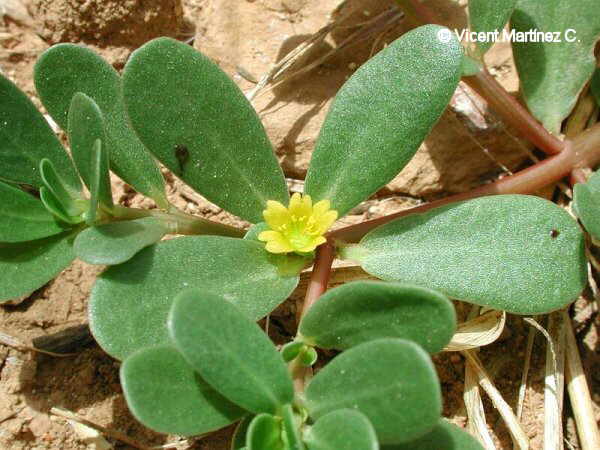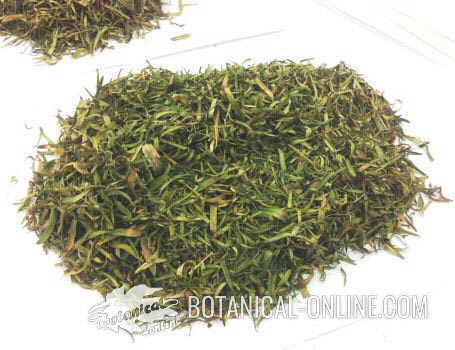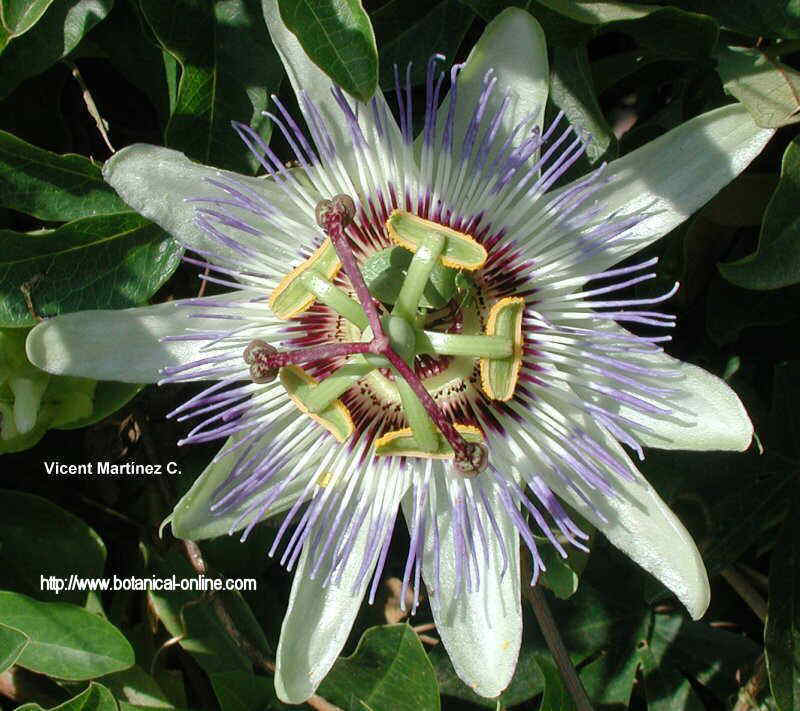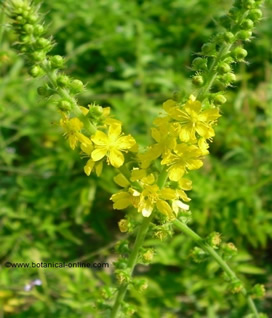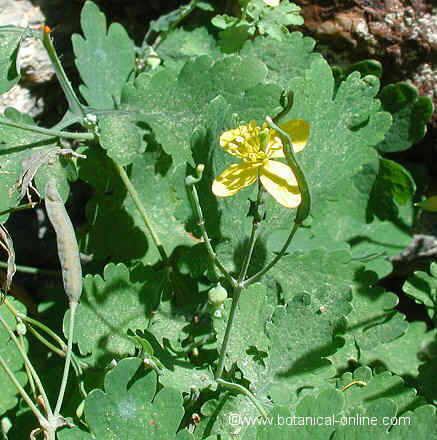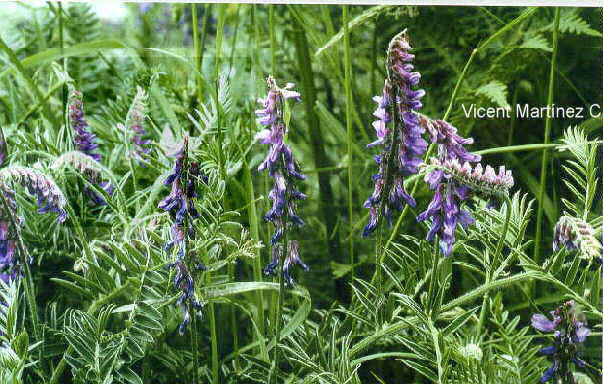Contents
Orach benefits
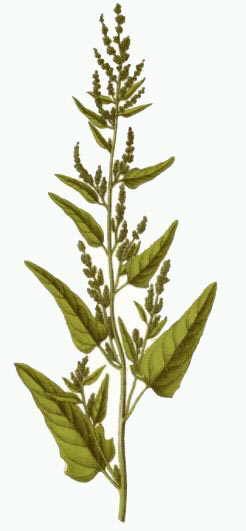
Orach (Atriplex hortensis) is a very common weed in Europe, which is also naturalized in the United States and Canada.
What is orach used for?
In ancient times it was consumed as a wild vegetable since it is an edible wild grass that is very common in fields and uncultivated lands.
Its nutritional value resembles that of spinach. It has a good content in proteins, fiber and minerals.
Medicinal properties of orach
Orach to lower cholesterol
The presence of saponins and the high fiber content of this vegetable can help reduce cholesterol. Saponins form indifferent compounds with cholesterol bile acids, preventing their intestinal reabsorption.
The fiber content of the food also reduces the absorption of cholesterol.
Orach is cooked as a vegetable in the manner of spinach, boiled with salt and olive oil, for people with hypertension, to reduce cholesterol, arteriosclerosis and heart problems.
Orach as a laxative
Orach has a mild laxative and emollient effect due to its high fiber content. It softens and smoothes the intestines and helps regulate intestinal transit.
Saponins are astringent and anti-inflammatory, they are suitable in any intestinal alteration where there is an excess of liquids such as colitis and diarrhea.
Other uses of orach
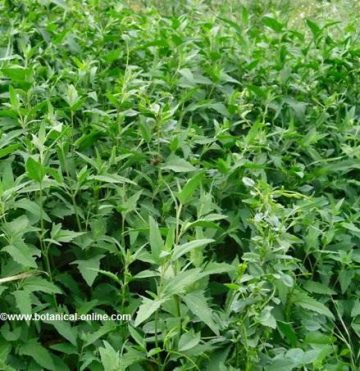
- Diuretic: for its content in potassium and saponins, orach has a diuretic effect.
- Antirheumatic: the armuelle has traditionally been used as a vegetable to treat rheumatoid arthritis. Saponins have an anti-inflammatory effect and help to purify the organism avoiding the absorption of toxins in the intestine.
Orach toxicity, contraindications and side effects
Orach contains oxalates and saponins. To eliminate part of these components, it is advisable to boil the vegetable before it is consumed (discard the cooking water).
Likewise, for the same reason, people with bile lithiasis or a history of kidney stones should avoid this vegetable.
Vegetables with saponins should not be consumed too often, as they have hemolytic effect, that is to say, they produce the destruction of red blood cells, what can help to develop anemia. Old authors already describe these warnings: “you should not consume too much since they put the mass of the blood in the water and cause icheritis and dropsy” (J. Joesper).
Dionysius and Diocles considered it a vegetable harmful to the stomach when consumed excessively.
![]() More information on orach
More information on orach

